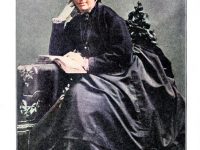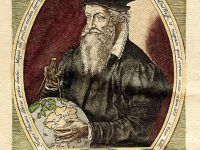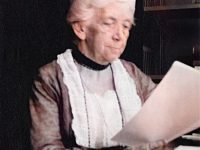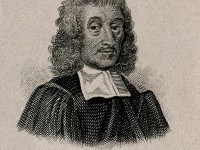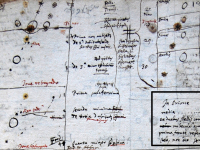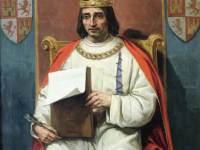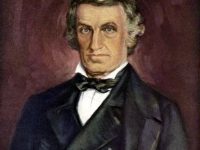Elizabeth Cabot Agassiz – Educator and Naturalist
On December 5, 1822, American educator and naturalist Elizabeth Cabot Agassiz was born. A researcher of natural history, she was a contributing author to many scientific published works with her husband, Louis Agassiz.[4] Youth and Education Elizabeth Cabot Aggasiz was born Elizabeth Cabot Cary into a Boston Brahmin family of New England ancestry. Her parents were Mary Ann Cushing Perkins Cary and Thomas Graves Cary, who was a graduate of Harvard University in 1811.…
Read more

